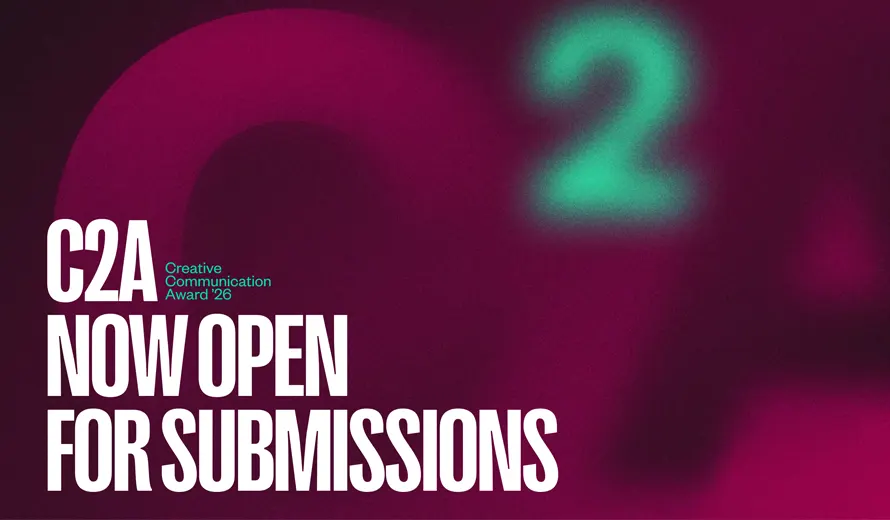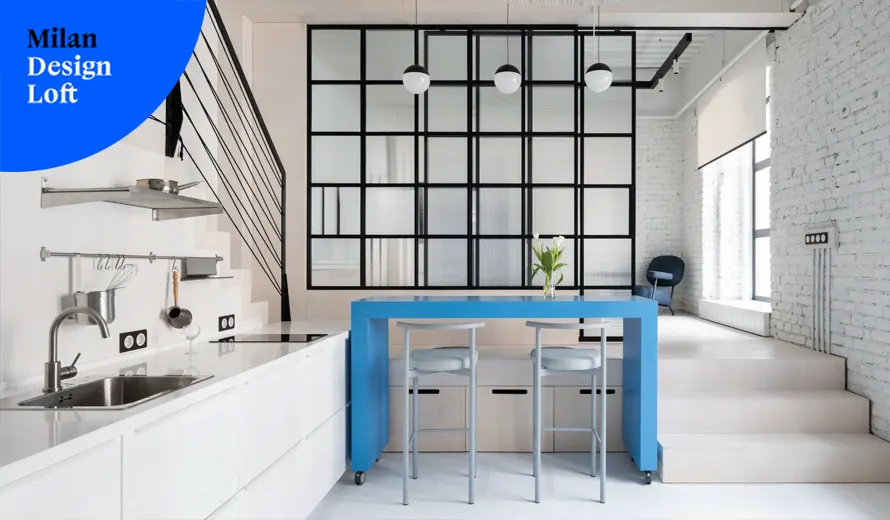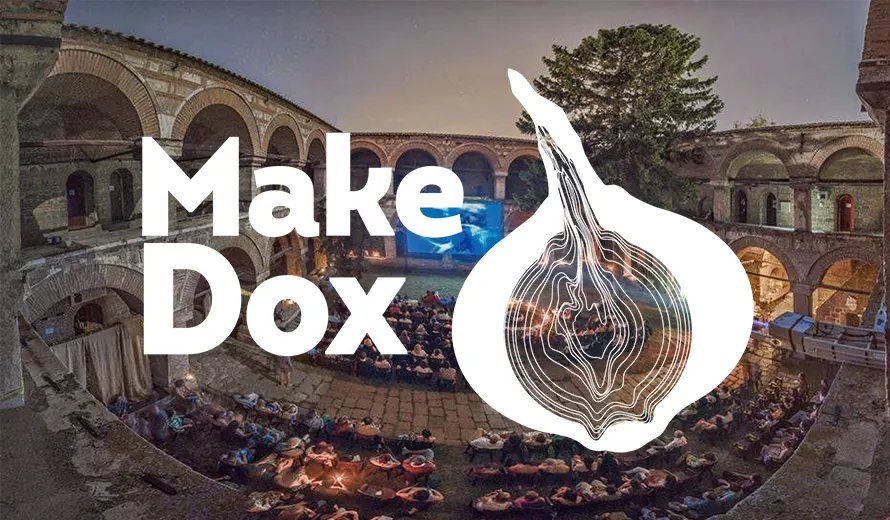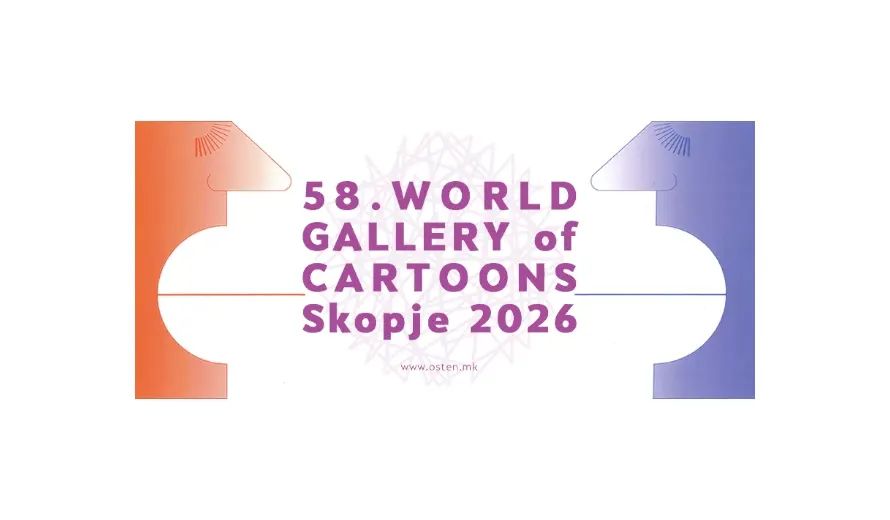New design for Sustainable Enel Street Cabinet
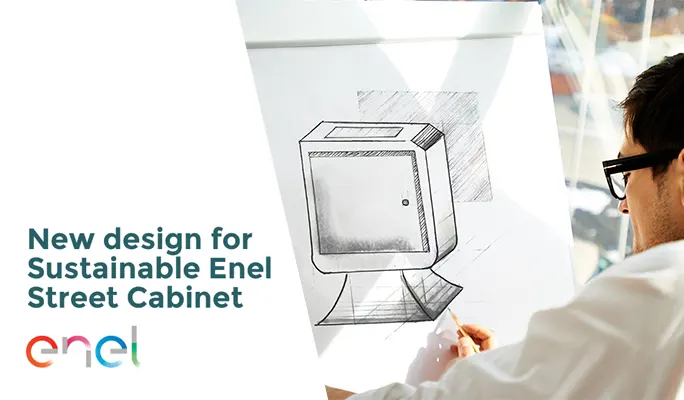
New design for Sustainable Enel Street Cabinet now is over!
Enel Global Infrastructure and Networks recently has announced new product design competition looking for a new design for a sustainable street cabinet inviting designers, startups, scale-ups, SMEs and industries worldwide to participate.
Short description
Enel Global Infrastructure and Networks is looking for a new design for a new and sustainable street cabinet (a built-in container for the distribution of electricity containing new diagnostic devices and tools), which must have innovative features in design and materials, incorporating the principles of circular economy and sustainability.
The new design must ensure the complete observance of the technical and safety regulations currently in adoption for its use and installation. Its dimensions must also take into account the need to contain all the equipment internally required.
The street cabinets constitute electrical infrastructures on the street dedicated to the control of the low voltage electricity grid by Enel’s expert workforce.
The technological development of the Enel Group has recently led to a technological evolution of the street cabinet: it is now defined as SMART because it contains a special terminal block, remote switches, and an advanced sensor kit for monitoring electrical and environmental data measurements.
Over six years ago, Enel undertook the transition towards a sustainable business model, with a marked acceleration of decarbonization. In line with this decision, Enel extended this approach to all of the Group’s businesses in 2016 by adopting, among other things, the concept of circular economy as a strategic driver. Enel’s vision of circular economy is not limited to just recycling materials, it extends to business activities along the entire value chain, starting from the design and procurement phases up to production and end-of-life management: to be truly effective, this approach must be applied from the design stage and must guide the design of the new street cabinet.
The development of the new street cabinet will have to address the following requirements:
1) Comply with the technical, safety, and security requirements currently in adoption by Enel for the external container and its internal components.
2) Have suitable dimensions for the installation of all components.
3) Respond to a better integration with the urban or rural context where it is installed (possibly with the possibility of foreseeing more variations of its version based on the context).
4) Incorporate into its design and implement as much as possible the main principles of circular economy and sustainability.
5) Promote and valorize the corporate image of Enel and its vision through the cabinet’s design.
6) Provide the possibility to convey messages aimed at various stakeholders of the Company.
Submission requirements:
➜ A description of the proposed solution with an explanation of how the Applicant proposes to address the Solution Requirements. The Applicant can withhold proprietary details, but should provide convincing evidence for Enel to appreciate the merits of the proposal and be comfortable that the solution can work effectively;
➜ A brief discussion of capabilities, facilities/equipment, and relevant expertise for executing the proposed solution. The Applicant should explain what they can provide and what might be required of the Scouter;
➜ An overview of the proposed path forward (materials, deliverables, timelines, cost estimates);
➜ 3D renderings, views of the street cabinet placed in its contexts of use, a visual study of the technical characteristics (section views, exploded views, etc., in a pdf file;
➜ Technical drawings with all the dimensions in a pdf file.
Who may enter?
Designers, startups, scale-ups, SMEs, and industries are eligible to participate in this challenge.
Prize:
➜ 1st-place - 20,000 euros
➜ 2nd-place - 10,000 euros
➜ To the applicants selected for the option/p re-emption right an amount of 7.000 euros.
Entry fees:
There is no entry fee to participate!
